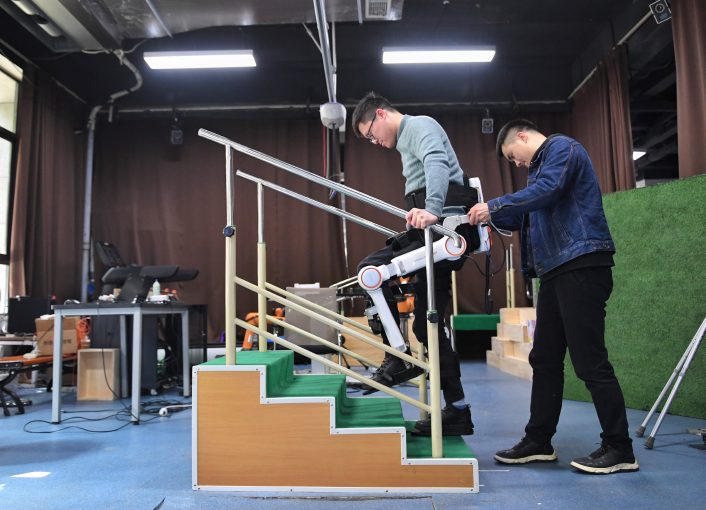
A paraplegic tries out an exoskeleton robot as part of rehabilitation training with the help of a scientific researcher from the Robotics Research Center at the University of Electronic Science and Technology of China in Chengdu on March 6, 2023 (XINHUA)
In the heart of China's southwestern province of Sichuan lies a city where history and future collide in spectacular fashion. Chengdu, once known as Yi Zhou, has been a hub of exchange for over 2,300 years. As Chinese President Xi Jinping noted at the opening of the Chengdu-hosted 31st Summer World University Games in 2023, this ancient metropolis has long been "famous for its magnificent landscape and rich culture," serving as a vital link along the southwestern section of Silk Road.Today, Chengdu is a place where the ancient Shu civilization, which flourished between the 4th and 2nd millennia B.C., mingle with cutting-edge technology. The city truly embodies its moniker, the Land of Abundance, in ways its founders could scarcely have imagined, transforming from a historical treasure trove into a modern crucible of innovation.
Walking through Chengdu's streets, the rhythms of traditional life play in harmony with the pulse of technological advancement. Here, innovation isn't just a concept but a tangible force shaping both the urban landscape and the daily lives of its inhabitants.
Tech for development
Joojo Walker, a Ghanaian student who came to Chengdu in 2016 to pursue his master's degree, has witnessed firsthand how Chengdu is rapidly emerging as a powerhouse of technological innovation, driving both economic growth and urban development.
"I've seen tech not just confined to classrooms, but transform from academic theory to real-world applications," Walker shared with Beijing Review. During his recent visit to Wisesoft, a local virtual and augmented reality company, he caught a glimpse of Chengdu's innovative spirit.
At Wisesoft, Walker experienced state-of-the-art pilot training systems that merge culture with technology. "They've developed a virtual reality system for pilot training," he explained. "Such technologies offer cost-effective solutions for the aviation industry, enabling easier and more affordable pilot training."
Wisesoft exemplifies Chengdu's dedication to technological innovation—a core strategy implemented by the municipal government to enhance the city's global competitiveness. This focus on tech-driven development is evident throughout the city's innovation ecosystem, from higher education institutions and research centers to hi-tech enterprises and national-level technological innovation platforms.
Recent data from the Chengdu Municipal Government paint an impressive picture of the city's tech landscape. Chengdu currently hosts 65 higher education institutions, 47 central research institutions and five disciplines ranked in the global top 20. The city is also home to 146 national-level technological innovation platforms and over 13,000 hi-tech enterprises, securing its position at 24th place in the 2023 Global Innovation Index (GII) top 100 science and technology clusters. This was the first time Chengdu made the top 30 globally. The GII is a list ranking the most innovative economies in the world.
Chen Gang, Deputy Director of the Chengdu Municipal Bureau of Science and Technology, offered further insights into the city's remarkable progress at the 2024 Chengdu Science and Technology Innovation and Transformation Meeting on February 27. In 2023, Chengdu added seven new national-level technological innovation platforms, bringing the total to 146. The city's total research and development expenditure reached 73.326 billion yuan ($10.34 billion), or a 16-percent year-on-year increase.
Combined revenue of Chendu's hi-tech industries exceeded 1.35 trillion yuan ($190.4 billion) last year, with technology contract transactions amounting to 161.42 billion yuan ($22.77 billion), up 10.8 percent from 2022.
Building on Chengdu's technological prowess, the city's innovative spirit extends far beyond economic metrics, embracing a holistic approach to urban development that prioritizes residential wellbeing. Since February 2021, Chengdu has been implementing the ambitious 10 Projects for a Happy and Beautiful Life, a comprehensive initiative to elevate the quality of life for its residents.
The results of this effort have thus far been nothing short of remarkable. Chengdu now boasts the second highest number of top-tier medical institutions in China, ensuring residents have access to world-class healthcare. The city's commitment to education is equally impressive, with its basic education system ranked second nationally in both scale and quality.
Cultural enrichment also plays a pivotal role in Chengdu's development strategy. The city leads the nation in its number of physical bookstores, preserving the joy of traditional reading in an increasingly digital world. Additionally, Chengdu's museum scene is second only to Beijing, offering residents and visitors alike a wealth of historical and cultural experiences.
Urban mobility, a major aspect of modern city life, has progressed substantially. The city's rail transit system now spans over 600 km, providing efficient and eco-friendly transportation across the metropolis. This extensive network not only eases daily commutes but also helps reduce Chengdu's carbon footprint, aligning with global sustainability goals.
But perhaps the most telling indicator of Chengdu's success in balancing technological advancement with quality of life is its ranking as China's happiest city for 15 consecutive years. This accolade reflects the city's ability to translate economic and technological development into tangible benefits for its residents, creating a harmonious blend of innovation and livability.
Magnetic pull
After completing his master's degree, Walker decided to embark on a new academic journey. In July 2022, he earned a Ph.D. in software engineering from the University of Electronic Science and Technology of China, located in Chengdu. Enamored by the city's unique mixture of tradition and modernity, he chose to put down roots there, bringing along his family and career. Walker's story is just one of many, with foreign professionals increasingly flocking to this pulsating metropolis, bringing with them a wealth of knowledge and diverse perspectives.
Chengdu's secret weapon in its ascent to becoming an innovative hub perhaps lies in its unwavering commitment to nurturing a national talent center. This influx of innovative talent continuously breathes new life into the city, fostering an environment where ideas are not just born but flourish. Shi Bi, a member of the Chinese Academy of Engineering and professor at Sichuan University, aptly put it in a March 2023 interview with newspaper Chengdu Daily, "Chengdu strikes the perfect balance between leisure and innovation. When researchers step out of their labs with questions, they might find new inspiration while savoring a cup of tea."
This intermingling of relaxation and cutting-edge research has created an exceptional ecosystem that attracts scientific and technological talent from all over the world. The numbers speak for themselves: According to the 2023 China City Talent Attraction Ranking, Chengdu stands sixth nationwide in attracting talent. The city has witnessed a remarkable transformation in its talent landscape, shifting from a net outflow to a net inflow between 2017 and 2021.
Recent data from the Chengdu Municipal Government further underscore this trend. As of 2023, Chengdu's talent pool, comprising both Chinese and international professionals, had grown to an impressive 6.50 million, marking a year-on-year increase of 284,500 and securing the city's position at fourth place nationwide. For five consecutive years, Chengdu has been officially recognized as one of the China's Best Cities for Attracting Talent and continues to be known as one of the most attractive Chinese cities in the eyes of foreign talent.
The city's commitment to talent development is evident in its proactive policies and initiatives. Yang Yi, Deputy Director of Chengdu's Talent Development Promotion Center, highlighted several key programs at the 2024 Walk Into Glamorous Chengdu seminar on September 6.
These initiatives include the Chengdu Drifter Talent Plan, the Rongcheng Talent Plan and the Industrial Circle Building and Strong Chain Talent Plan, which offer financial support of up to 3 million yuan ($423,600) for individuals and 10 million yuan ($1.4 million) for teams.
"The capabilities, resources and future of Chengdu need to be showcased through some success stories. As a foreigner who has been an entrepreneur in China for many years and is engaged in cooperation between countries, I have many friends who are very fond of China. I believe we must mobilize their resources and capabilities to tell China's story," Steven H. Back, the China representative for the Hungarian National Museum and CEO of Back and Rosta Information Technology (Shanghai) Co. Ltd., said at the September seminar.
(Print Edition Title: History Meets Tech)
Copyedited by Elsbeth van Paridon
Comments to zhaowei@cicgamericas.com
Source: Beijing Review
Events
More+-

Chengdu Symphony Orchestra2025-2026 Season Concert—Music Talk Series 2“Chinese Spring Festival Melodies”
-

Exhibition of Zhao Yunyu’s Calligraphy and Painting from the Chengdu Museum Collection
-

The 55th Chengdu InternationalPanda Lantern Festival
-

The 29th China (Sichuan) New Year Shopping Festival
-

2026 BJ Online New Year Shopping Festival Unfolds



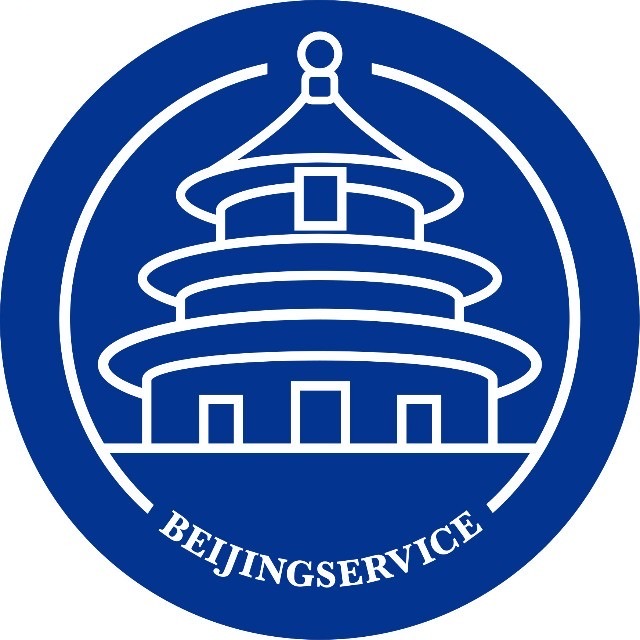
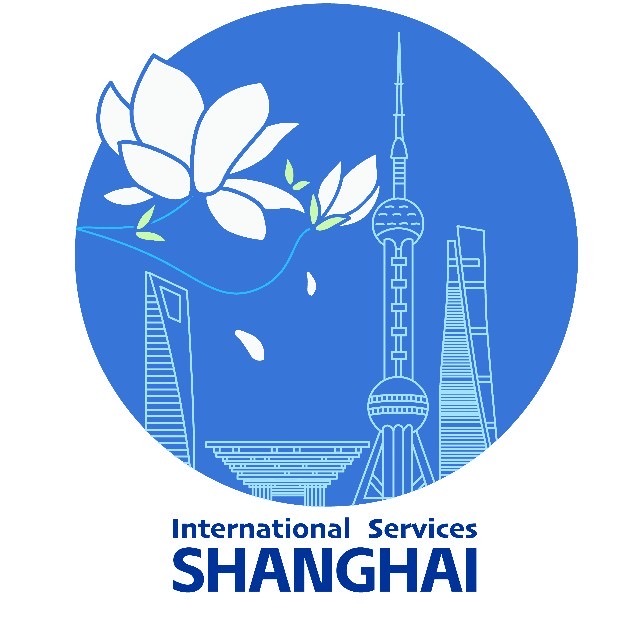




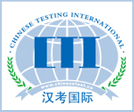
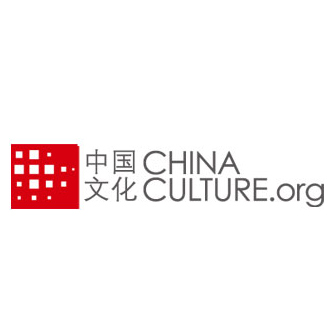
 京公网安备
京公网安备